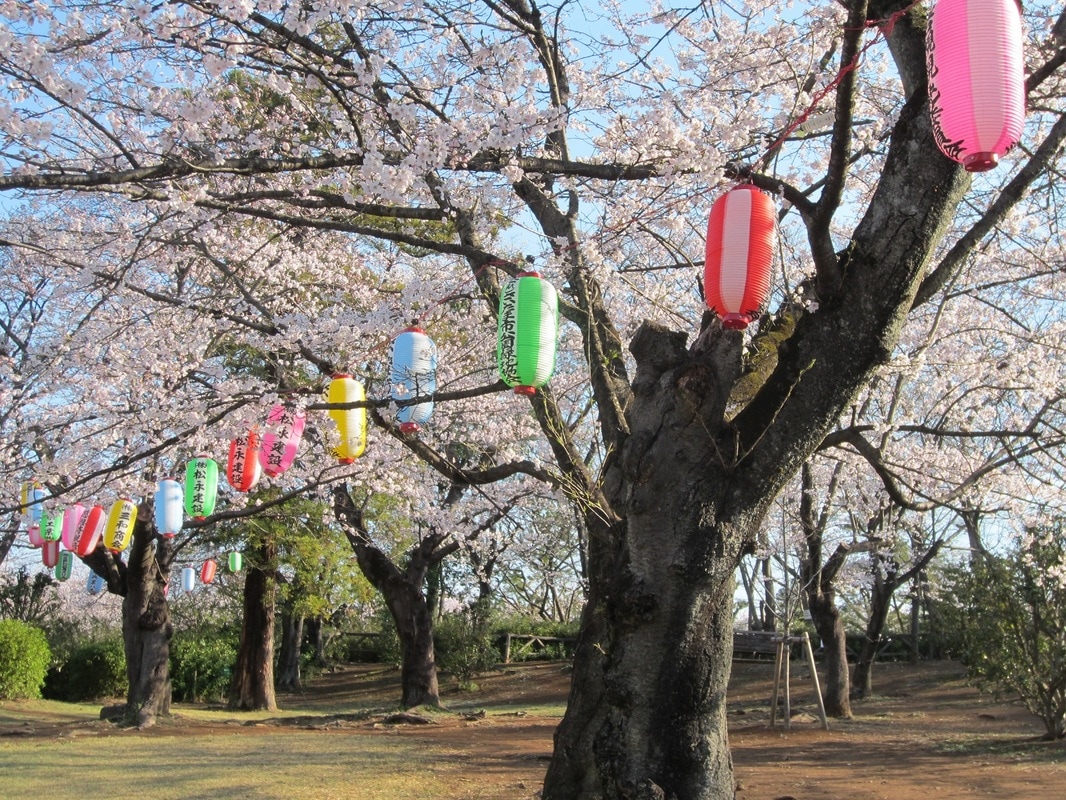Once upon a time, there was a man who lived with his wife and dog. The man was kind, but his neighbor was greedy. One day while the kind man was walking, his dog began to dig and unearthed a container full of gold. The kind man praised the dog and hurried home to show his wife. The greedy man, upon realizing the situation, demanded the use of the dog. The kind man consented, so the greedy man and the dog left. During the walk, the dog found another box, but the greedy man discovered garbage inside the container. Infuriated and disgusted, the man killed the dog. The kind man mournfully buried the dog’s body.
Soon after, the kind man and the greedy man gasped as cherry blossoms bloomed months early. The prince of the land heard the news and called for the kind man. The prince wanted his cherry blossoms to bloom early, so he requested the kind man’s help. The kind man climbed up the trees, spread the ashes, and then watched in amazement as the flowers bloomed. The prince rewarded the man with a new title, “Sir old man who makes trees blossom,” along with much gold.
Like any story, the cultural assumptions and lessons inhabit the tale. Kindness, for example, remains the great virtue, while greediness, violence, and snooping are disdained. Overall, the story teaches the lesson “You reap what you sow,” yet this leads to further questions. What is the standard for good and evil? Is there any point of “no return?” Can someone break the chain of deeds? This is where the gospel conversation takes place.



 RSS Feed
RSS Feed
